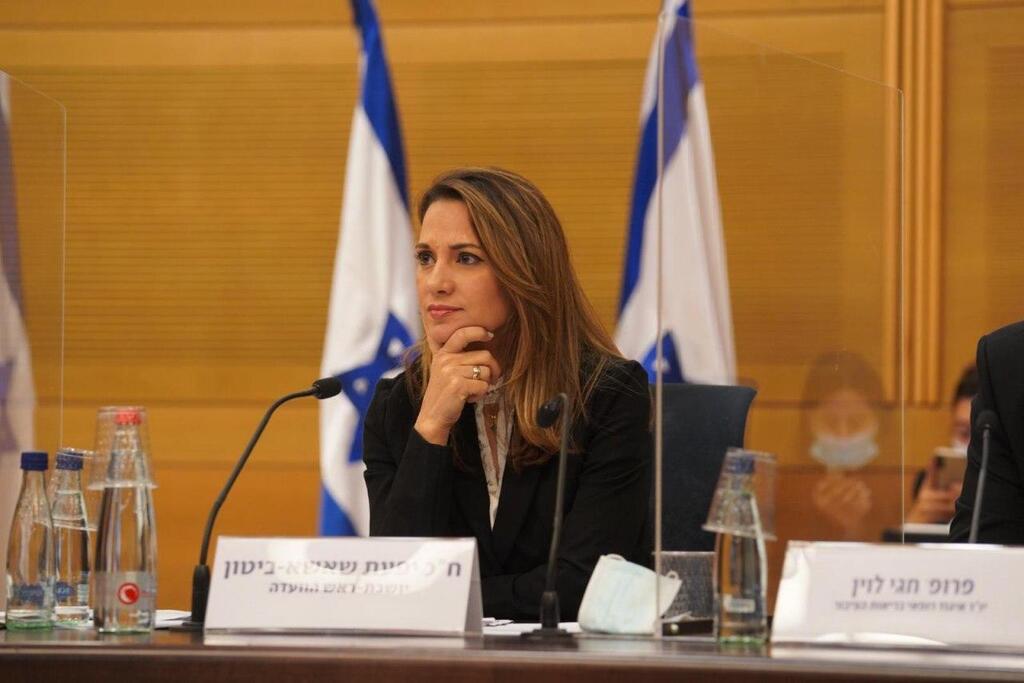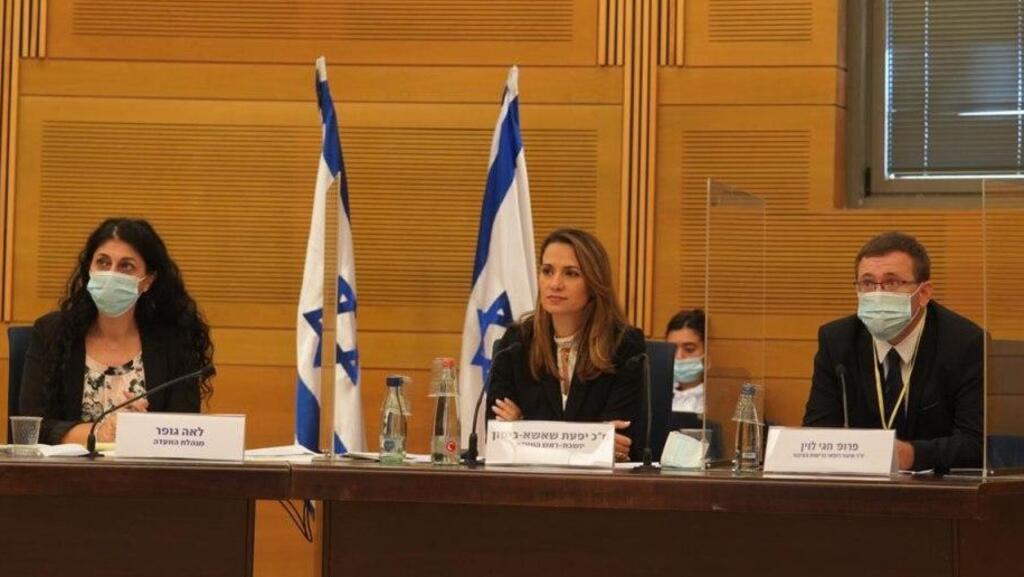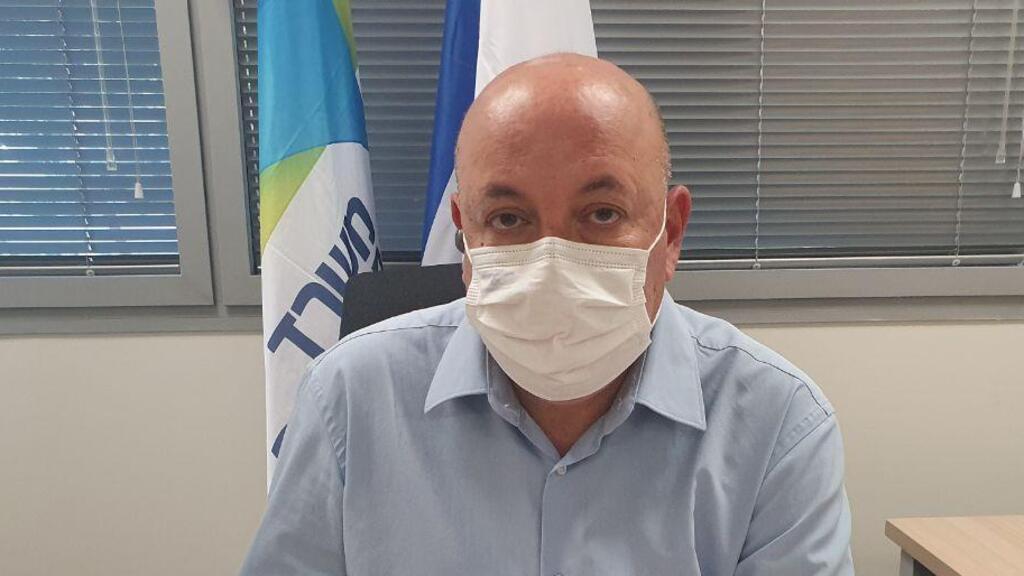The government has lost the trust of the public in its handling of the pandemic and must take steps to rebuild it, the head of the Knesset's committee on coronavirus warned Tuesday as the panel of lawmakers met to discuss the exit strategy for Israel's second lockdown.
"We are seeing that our society has fallen apart and we must create a routine for life alongside the virus," Likud MK Shasha-Biton said.
3 View gallery


Likud MK Yifat Shasha-Biton chairs Tuesday's coronavirus committee meeting
(Photo: The Knesset)
Israel went into its second lockdown in mid-September, after what is now considered a hasty exit from the first led to spiraling infection rates across the country. The new closure has led to a dramatic decrease in morbidity, with a contagion rate of 7 percent - down from almost double that just weeks ago.
"The [exit] strategy should be one of caution and not fear - how we can cope with the virus while being wary of it," Shasha-Biton said Tuesday.
"We have lost public confidence and now is a good time to rebuild it: talk to the public logically, with real transparency, and let the local authorities handle the fight against the virus.
"We need proper enforcement of infection hot spots that could become infection hotbeds. We need to act with thoughtfulness and not force. We are asking the Ministry of Health to take these parameters into account when devising its plan," she said.
3 View gallery


Members of the Knesset coronavirus committee meeting in Jerusalem on Tuesday
(Photo: The Knesset)
Shasha-Biton also called for lawmakers to take into consideration the societal toll of the pandemic.
"It is time we look at the coronavirus broadly as a crisis, not just at tackling the spread of the virus itself," she said.
"We must look at the number of unemployed, how many people have gone bankrupt, how many cases of domestic violence," she said.
"We are losing an entire generation of children who have not been to school regularly for some time. We know the virus will be around for at least another year and we will not lock people in their homes for a year."
Health Ministry Deputy Director-General Prof. Itamar Grotto told the MKs: "The strategy should be as uniform as possible in terms of epidemiological risk and should be based on morbidity indices. We will not proceed as long as we do not meet the morbidity indices defined for each stage."
Meanwhile, a meeting of the coronavirus cabinet scheduled for Tuesday afternoon was postponed at the last minute as disagreements cropped up over the exit strategy. Participants of the meeting were to be informed of a new time 15 minutes in advance, after "ongoing consultations were completed."
The disagreements center around issues such as delaying a decision on the reopening of preschools until Thursday.
There is also disagreement over whether the exit strategy will include six graduated stages for reopening or nine. In addition, the ultra-Orthodox sector is pushing for seminaries to be reopened immediately in exchange for voluntary closures should the need arise.
Other arguments have arisen over whether to extend the limits on personal movement and the reopening of Ben-Gurion International Airport.
First published: 14:38, 10.13.20


